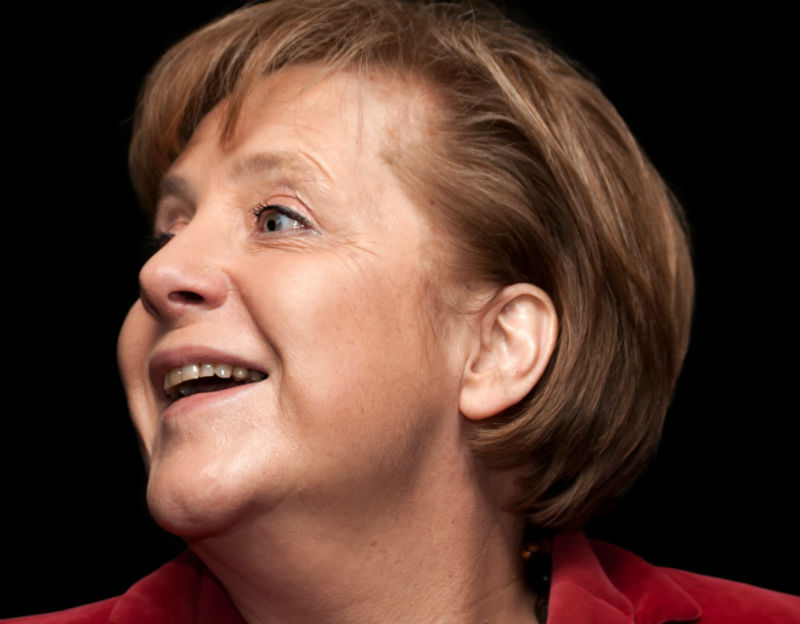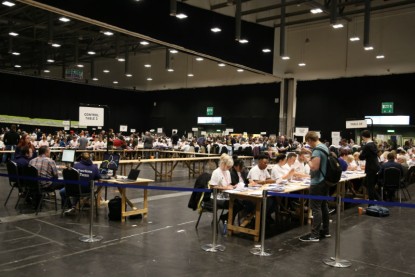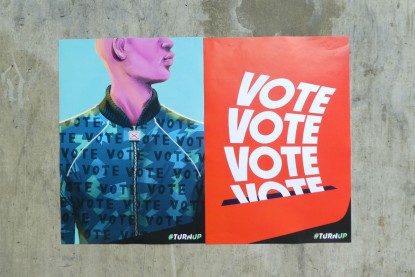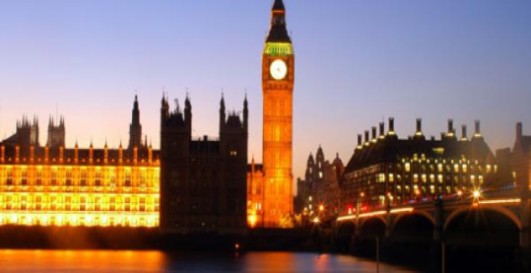 Angela Merkel
Angela Merkel
After Theresa May’s car-crash election campaign, there is doubt among key players in the European Union about whether the UK will be in a position to resume the Brexit talks on time. That leaves both Britain and other member states vulnerable.
EU budget commissioner Günther Oettinger believes that a weak UK in the Brexit negotiations could lead to a poor outcome for all. And Elmar Brok, Brexit coordinator for the European Parliament’s centre-right European Peoples’ Party, says the outcome leaves no-one in the UK with the authority to pursue negotiation compromises.
European commentators had been sceptical of May’s snap election from the outset. Far from a genuine call for a mandate from the British public, they interpreted the surprise move as a power grab. The left-leaning French daily Le Monde saw the upswing in Conservative popularity as an opportunity for the party to “shake off Thatcher’s legacy” and to “smother” the Labour opposition. Its centre-right counterpart Le Figaro pointed to May’s opportunism. It saw the election as a chance for her to strengthen her hand in the fractious leadership relations within the Conservative Party. The German media was largely preoccupied with the possible negative impacts of the election for the Brexit process.
Brexit fears
Although the campaign proved more exciting than anyone could have anticipated, the European media was wearily resigned to two possible outcomes. If, in spite of a disastrous campaign, May secured a narrow victory, the Brexit negotiations would be overshadowed by a battle for dominance between the Brexit moderates and the hard Brexit “ultras”. An unlikely Labour win would be equally worrying, since Jeremy Corbyn is an unknown quantity in Europe. Although more open to Europe than May, he had still committed his party to Brexit. Either outcome would lead to further uncertainty over Brexit and add to frustration in Brussels.
From the European perspective, the actual outcome – a marginal Conservative win falling short of an absolute majority – is arguably worse still. Government formation, usually a cut-and-dried process in the UK, may fall hostage to a leadership challenge against May.
It’s also now clear that May intends to rely on the support of Northern Ireland’s Democratic Unionist Party to survive in government. But leader Arlene Foster holds different views to the Conservative leadership over Brexit. The DUP is, for example, keen to retain access to the single market.
An alternative coalition based around the Labour Party would be arithmetically possible, but to date the party leadership has rejected the idea of doing deals with any other party. Corbyn says he is ready to present a minority government on a Labour platform.
Strong and schadenfreude
European voices joined critics at home in blaming May for the dramatic reversal in party fortunes. Sweden’s former foreign minister Carl Bildt described the poor result for the Conservatives as the “price to be paid for the lack of true leadership”. May’s “strong and stable” slogan was widely ridiculed. Italian daily Corriere della Sera proclaimed: “She’s no Margaret Thatcher”. Le Monde awards her the Palme d’Or for political suicide.
The official response from Germany has been predictably matter-of-fact. The government Christian Democratic Union (CDU) claims that the chancellor, Angela Merkel, does not anticipate any impact on the Brexit negotiations. She is working on the commitment to the Brexit process already made by May and looks forward to the swift resumption of concrete talks after the election.
However, others have made no bones about their criticism of the snap election and May’s disastrous handling of the campaign. Germany’s Brok was particularly critical of May’s recent announcement that she would be prepared to suspend human rights legislation in the fight against terrorism, arguing that this is just the outcome Islamic State wants for western democracies.
In France, the country is focused on their own upcoming parliamentary elections, where the newly elected president, Emmanuel Macron, looks set to win a landslide victory. However, there was general agreement that the UK election has created greater uncertainty, both over Brexit and for the UK itself. The Catholic newspaper La Croix believes the outcome has exposed the differences within the union, as Scotland, Wales and Northern Ireland struggle to have their voices heard.
![]() German television station ZDF judged the mood in Brussels as “conflicted”. Admittedly, after her aggressive and uncompromising stance over Brexit and complaints of German “interference” in the UK election campaign, news of May’s debacle was greeted with a little schadenfreude. However, the overriding feeling is one of concern that the Brexit negotiations might be postponed yet again, to the detriment of Europe’s global standing and internal solidarity.
German television station ZDF judged the mood in Brussels as “conflicted”. Admittedly, after her aggressive and uncompromising stance over Brexit and complaints of German “interference” in the UK election campaign, news of May’s debacle was greeted with a little schadenfreude. However, the overriding feeling is one of concern that the Brexit negotiations might be postponed yet again, to the detriment of Europe’s global standing and internal solidarity.
This article was originally published on The Conversation. Read the original article.



Rate and Review
Rate this article
Review this article
Log into OpenLearn to leave reviews and join in the conversation.
Article reviews